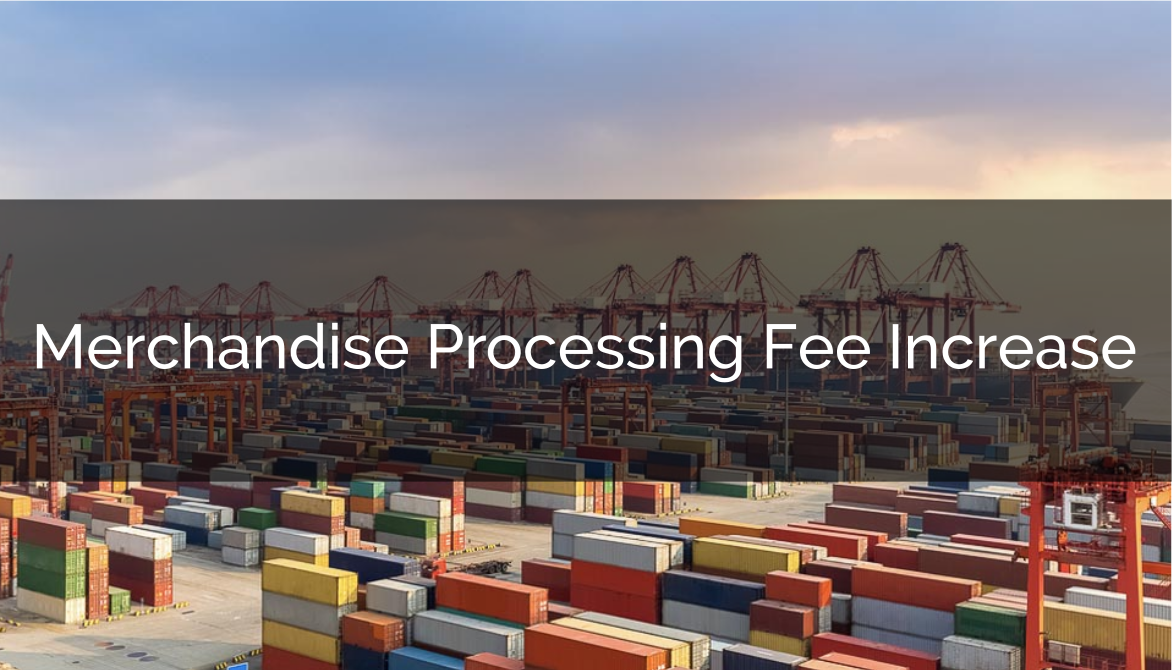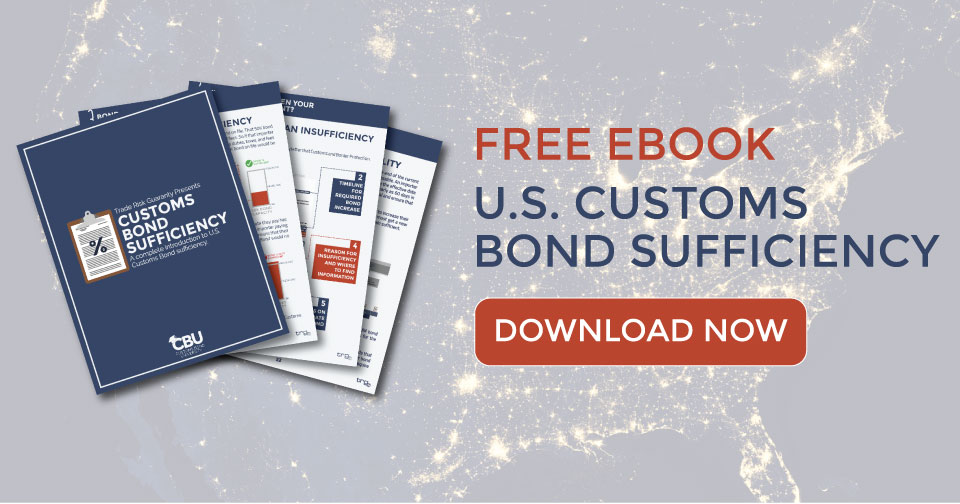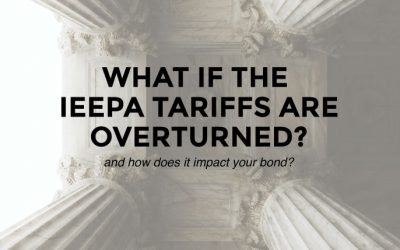The Merchandising Processing Fee (MPF) increase will affect over 650,000 summaries, and importers should be vigilant in making sure the proper paperwork is filed for their MPF.
Supplemental duty bills are one of the many Customs duties that can cross an importer’s desk. Improperly classifying goods can result in one of these bills; so can the results of a pending anti-dumping or countervailing ruling, such as in the case of Chinese photovoltaic (solar) panels and components. Though these are two fairly common scenarios, there are still other reasons an importer may be charged a supplemental duty bill. U.S. Customs and Border Protection can charge importers retroactively for these duties when they are assessed, and a recent event will cause a large number of importers to receive one of these bills.
On October 27th, 2011, the Merchandise Processing Fee (MPF) was raised from .21% to .3464%, effective October 1st. All Customs entries from October 1st through November 4th are being re-liquidated in order to account for the increased Merchandise Processing Fee. Because the automated system programming utilized by U.S. Customs and Border Protection had not been updated until November 5th, Customs brokers were unable to clear entries using the increased MPF until then. This resulted in a large number of retroactive Supplemental Duty Bills being assessed on shipments that have already been liquidated. According to CBP, the change will affect over 650,000 entry summaries. Importers should keep a close eye on their paperwork to make sure that they have paid the proper (new) amount for their Merchandise Processing Fee during this period of time.
This event is one of many which bolster the assertion that importers need to pay close attention to every detail of their supply chain. Regularly scrutinizing these records is essential for success in the industry. Regardless of who filed their entries, or the liquidation status of their imports, the importer of record is always the sole liable party regarding Customs compliance. In the world of importing, there are often issues that require close attention, and the only way to be sure these matters are given the attention they deserve is a constant attitude of vigilance by the importer of record.
For those who would like to take this advice to heart, and maintain a culture of vigilance in their operation, CBP has provided additional information regarding this change in policy on their website.







![[Webinar] How Could Changes to De Minimis Impact Your Company?](https://traderiskguaranty.com/trgpeak/wp-content/uploads/2025/05/trg-how-de-minimis-impacts-customs-bond-webinar-400x250.png)